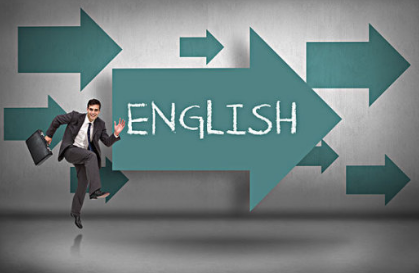高中英语副词学习方法一

高中英语和初中英语很大的区别,就是在词汇的数量上。高中英语词汇数量之大,用法之多,让许多高中生经常混淆。那么在高中英语学习中,该如何理清它们的用法呢?下面,就和查字典高中网小编一起去看看吧。
句子副词
1. 句子副词的特点
句子副词用于修饰句子(而不是修饰某个单词),反映说话人的观点和看法,如 actually, certainly, clearly, definitely, evidently, fortunately, frankly, honestly, luckily, obviously, perhaps, possibly, probably, surely, undoubtedly, unexpectedly 等。
2. 句子副词在句中的位置
句子副词通常位于句首(或分句句首):
Obviously he can’t tell the difference between them. 显然他无法区别两者的不同。
I arrived late but luckily the meeting had been delayed. 我迟到了,幸而会议推迟了。
但有些句子副词也可以出现在句中:
He smiled nastily. He evidently knew something I didn’t. 他发出狞笑,他显然知道一些我所不知道的事。
高中英语副词学习方法二
有的句子副词也可用作其他种类的副词,不过这往往会导致位置和语义的变化:
Clearly he didn’t say so. 显然他没有这样说。(句子副词)
He didn’t say so clearly. 他说得没有那么清楚。(方式副词)
Frankly, you are wrong. 说实在的,你错了。(句子副词)
He spoke frankly about his past life. 他坦率地谈了他过去的生活。(方式副词)
We can use superlative adverbs to make comparisons:
我们可以用最高级副词来做比较:
His ankles hurt badly, but his knees hurt worst.
It rains most often at the beginning of the year.
Intensifiers:
强调成分
When we intensify a superlative adverb we often use the in front of the adverb, and we use these words and phrases as intensifiers:
当我们强调最高级副词时,我们通常在副词前加the,并且我们用以下单词和词组作为强调成分:
easily - much - far - by far